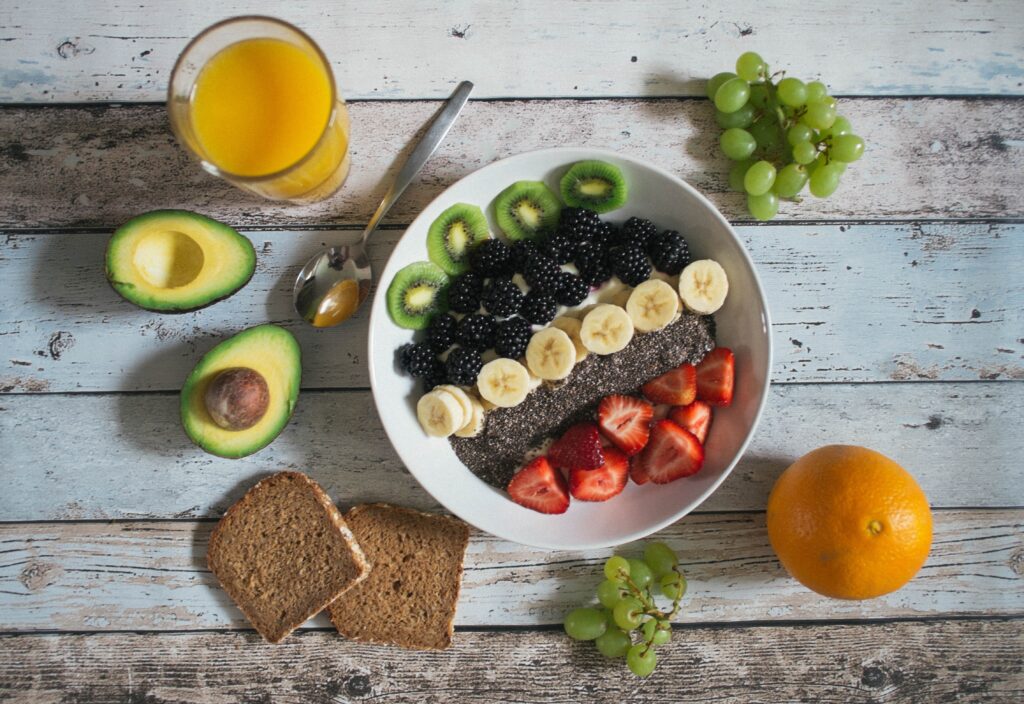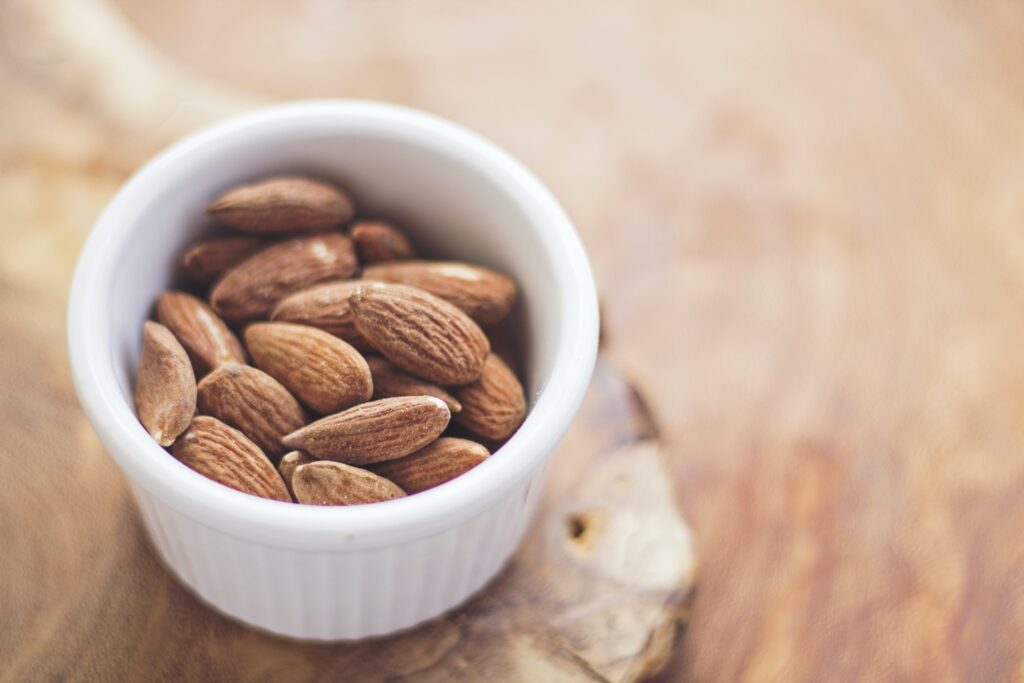Shrimp is not only a delicious seafood option, but it also serves as a valuable source of lean protein with essential nutrients. Despite being low in calories, shrimp contains key nutrients such as vitamin B12 and selenium. Beyond its nutritional value, consuming shrimp has been associated with a lower risk of heart disease and stroke. Additionally, it can contribute to improved outcomes during pregnancy by supporting fetal brain development. With its strong nutritional profile including protein, zinc, and vitamin E, shrimp offers a host of health benefits. While it is lower in omega-3 fatty acids compared to other fish, the presence of the antioxidant astaxanthin in shrimp may provide additional health advantages, although further research is necessary to fully understand its potential benefits. Nonetheless, it is important to be mindful of potential risks associated with shrimp consumption, such as exposure to contaminants like heavy metals and microplastics, as well as the risk of allergic reactions. Therefore, it is crucial to purchase shrimp from reputable sources, cook it properly, and consider other types of fish that are low in mercury and rich in omega-3s. Ultimately, when consumed in moderation and in combination with other healthy foods, shrimp can be a beneficial part of a balanced diet.
The Nutritional Benefits of Shrimp
Shrimp is a lean source of protein that is low in calories but high in essential nutrients like vitamin B12 and selenium. These nutritional benefits make shrimp a popular choice for those looking to maintain a healthy diet. In this article, we will explore the various health benefits of shrimp, its impact on cardiovascular health and pregnancy outcomes, its nutritional profile, the presence of omega-3 fatty acids, the antioxidant astaxanthin, potential risks associated with consumption, and guidelines for ensuring safety and quality. It is important to note that consuming shrimp in moderation and in combination with other healthy foods is key to reaping its nutritional benefits.

High in Protein
Shrimp is a great source of protein, making it a valuable addition to any diet. Protein is essential for building and repairing tissues, as well as for the production of enzymes and hormones. Additionally, protein is known to provide a feeling of fullness, which can help with weight management. Shrimp is especially beneficial for individuals following a low-calorie or low-carbohydrate diet, as it provides a high protein content without the added calories or carbs.
Low in Calories
One of the significant advantages of shrimp is its low-calorie content. Shrimp is considered a low-calorie food, meaning that it provides essential nutrients without contributing too many calories to your overall daily intake. This characteristic makes shrimp an excellent option for those aiming to maintain or lose weight. The low-calorie nature of shrimp allows individuals to enjoy a satisfying meal while still adhering to their dietary goals.

Rich in Essential Nutrients
In addition to being high in protein and low in calories, shrimp is also rich in essential nutrients. These nutrients play a crucial role in maintaining overall health. One such nutrient is vitamin B12, which is essential for nerve function and the production of DNA and red blood cells. Selenium is another essential nutrient found in shrimp, which acts as an antioxidant and helps support the immune system. Incorporating shrimp into the diet can help ensure an adequate intake of these vital nutrients.
Source of Vitamin B12
Shrimp is an excellent source of vitamin B12. Vitamin B12 is primarily found in animal-based foods, making shrimp an important dietary option for individuals following a vegetarian or vegan diet. Vitamin B12 is crucial for the formation and maintenance of red blood cells, as well as for the proper functioning of the nervous system. Adding shrimp to the diet can help prevent a deficiency in this essential vitamin and support overall health.

Contains Selenium
Shrimp is also a rich source of selenium, an important mineral and antioxidant. Selenium plays a vital role in supporting the immune system, regulating thyroid hormone activity, and protecting cells from damage caused by free radicals. An adequate intake of selenium is necessary for overall health and well-being. By incorporating shrimp into the diet, individuals can ensure they are getting the necessary selenium their bodies require.
Shrimp and Cardiovascular Health
Shrimp’s impact on cardiovascular health has been the subject of numerous studies. The findings suggest that consuming shrimp can reduce the risk of heart disease and lower the risk of stroke.
Reduces the Risk of Heart Disease
Research has shown that shrimp consumption can help reduce the risk of heart disease. This is due to several factors, including its high protein content and low levels of saturated fat. The protein in shrimp can help lower blood pressure, reduce inflammation, and improve overall heart health. Additionally, shrimp contains omega-3 fatty acids, which have been linked to a reduced risk of heart disease. The combination of these beneficial properties makes shrimp an excellent choice for individuals looking to promote cardiovascular health.
Lowers the Risk of Stroke
In addition to reducing the risk of heart disease, consuming shrimp may also lower the risk of stroke. This is primarily attributed to the presence of antioxidants and omega-3 fatty acids in shrimp. Antioxidants help reduce inflammation and prevent the formation of blood clots, which are leading causes of stroke. Furthermore, omega-3 fatty acids have been shown to improve blood vessel function and reduce the risk of ischemic stroke. By incorporating shrimp into a balanced diet, individuals can take proactive steps towards reducing their risk of stroke.
Shrimp’s Impact on Pregnancy Outcomes
Consuming shrimp during pregnancy can have significant benefits for both the mother and the developing fetus. Shrimp aids in fetal brain development and can contribute to improved pregnancy outcomes.
Aids in Fetal Brain Development
Shrimp is an excellent source of omega-3 fatty acids, including docosahexaenoic acid (DHA), which is crucial for fetal brain development. DHA plays a vital role in the growth and development of the baby’s nervous system and brain. Studies have shown that maternal DHA intake during pregnancy is associated with improved cognitive function and visual development in infants. Including shrimp in the diet of expectant mothers can help ensure an adequate intake of DHA, supporting optimal fetal brain development.
Improves Pregnancy Outcomes
The nutritional benefits of shrimp extend beyond fetal brain development, as they can also contribute to improved overall pregnancy outcomes. Shrimp is a rich source of essential nutrients like protein, vitamin B12, and selenium, which are necessary for a healthy pregnancy. Adequate protein intake during pregnancy is essential for the growth and development of the baby, as well as for the maintenance of maternal tissues. Vitamin B12 is crucial for red blood cell production, while selenium supports immune function. Including shrimp in the diet of pregnant women can contribute to a well-rounded nutritional intake, promoting positive pregnancy outcomes.
